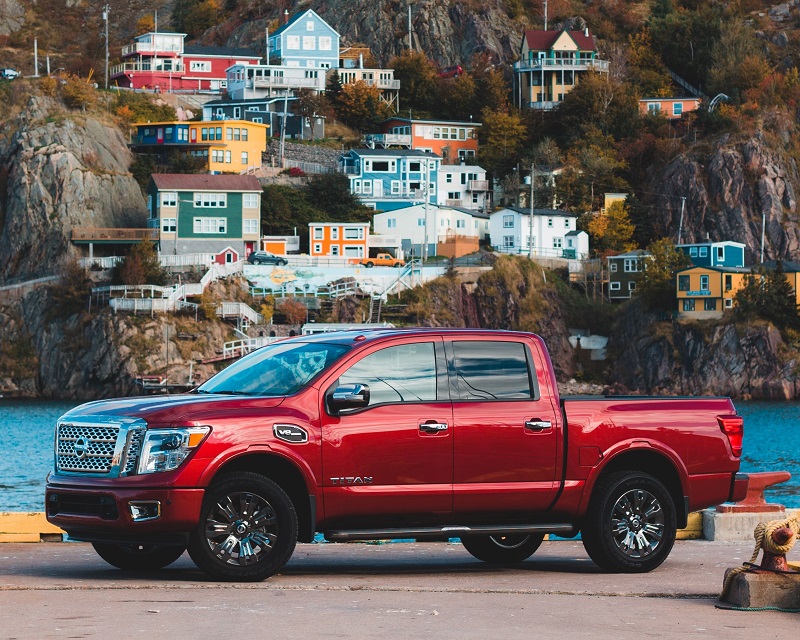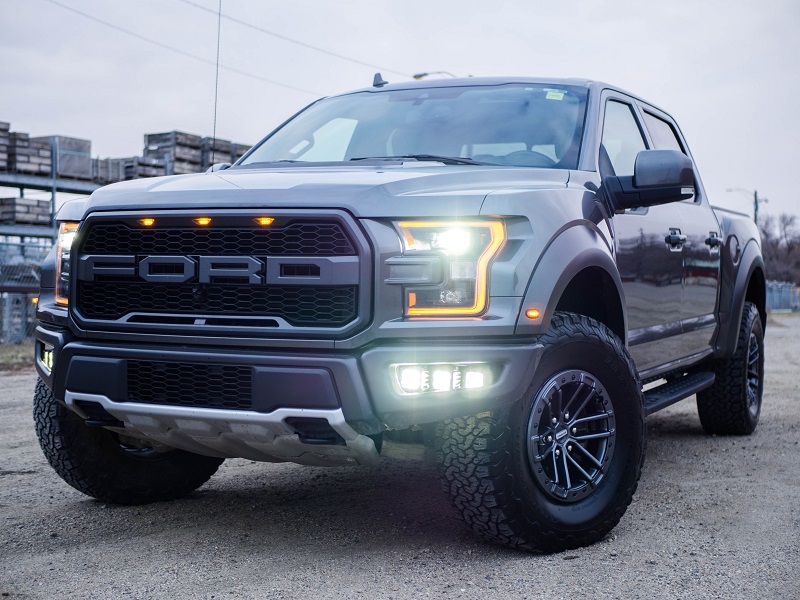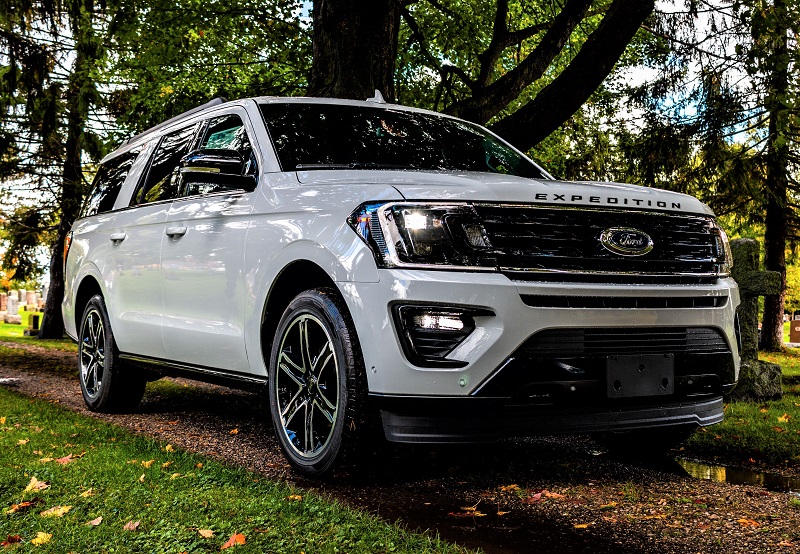
If you haven’t started the building process, or looking for a tiny house already made, then it will help to think over how often you need to tow. If you plan on traveling around, then a tiny house on wheels could be the answer, or if you plan on permanently anchoring it to a block of land, then you only need to move it once in which case you only need to hire get a transport company to tow. But, if you want the option of being able to move around if circumstances call for it, and you want to be able to disconnect the vehicle to move around freely, then purchasing a pick-up truck/ute or SUV could be the answer.
You will need to think about buying a decent sized vehicle with equally good towing capacity. However, you will need to factor in a hefty budget if buying one new (which could add up to the price of a tiny house alone), or brace yourself for a big spend when buying one used. If you plan on buying a used pick-up/ute or SUV, then you need to do your research. If you intend on buying from a dealer, then make sure they have plenty of great reviews and a high four to five star rating. Also make sure they have all service records for the vehicle and check for any past damage (whether it has been registered on a ‘written-off register’, has a ‘rebuilt’, ‘salvage’, ‘water damage’, or an ‘odometer rollback’ title). Do the same for a private seller. If going private, get a professional to check the vehicle over thoroughly, especially underneath for any signs of struggle, rust, and/or damage. They will also do a complete test on the steering capacity and engine pull. The advantage of going private is that the seller has history with the vehicle, so they should be able to answer any or all questions you may have. They should be open and eager for you to have a professional check done, and they are usually open to bartering a better price (even if it is just a few hundred dollars – it’s better than paying a few extra thousand dollars buying from a dealer who has already added on their fee and won’t discount).
Now, over to the vehicle needed. In 2015, Ford, Toyota, General Motors (GM), Chevy, and Nissan adopted a one-size-fits-all method of testing and rating to determine towing capacity. This makes it easier to compare models across these popular brands. However, you will need to take into account any customisation, added features and accessories that will add to the overall weight.
There are two numbers you need to know when considering towing capacity – Gross Vehicle Weight Rating (GVWR) and Gross Combination Weight Rating (GCWR). GVWR is the absolute maximum the vehicle can weigh with a full load, a full tank of petrol/gas, driver and passengers, and cargo. GCWR also includes the trailer and most important part – your tiny home! Vehicles usually come with a GVWR guide figure which can be found in the door frame when you open the driver’s door (if it’s not there, look it up on the internet or call the manufacturer.

Light Category:
So let’s start with the pick-up trucks/utes with a towing capacity between 9,740 and 13,200 lbs (or 4,418 and 5,987 kilograms). This really is for the smaller, lighter tiny homes that don’t have a lot of extras. The models most people go for are the Ford F-150 and Dodge Ram 1500. They have great reviews and reliability ratings. However, worth considering are the Nissan Titan, Chevrolet Silverado 1500, GMC Sierra 1500, and Toyota Tundra.

Heavy Duty Category:
This takes your weight range up from 12,760 to 18,500 lbs (or 5,788 to 8391 kilograms). This class offers a safer, more comfortable ride. Look out for the Nissan Titan XD, Ford Super Duty F-250, Chevrolet Silverado 2500HD, Ram 2500, or the GMC Sierra 2500HD.

Super or Ultra Heavy Duty Category:
Need a vehicle that will get you up hillsides and over mountains, then the Ford Super Duty F350, GMC Sierra 3500HD, Ram 3500, or the Chevrolet Silverado 3500HD will all do the job just fine. You need to factor in the additional costs in fuel as they will need re-fuelling a lot more often than a lighter model. These should tow a tiny home between 20-28 feet (or 6 to 8.5 metres long), however if you pick up a ‘dually’ which has four wheels on the back, you can stretch that length to 32 feet (or 9.7 metres).

If you prefer an SUV, then the best of the lot is probably the Ford Expedition with a towing capacity of 9,300 lbs (or 4,218 kilograms). Look out for one that has the ‘heavy-duty trailer tow package’ as you’ll get a range of additional features including an integrated trailer brake controller.
Take note: When purchasing a vehicle for use over a period of time, consider the extra weight you may add to your tiny home in the future, be it furniture, appliances, tools, bicycles, camping gear, sporting equipment, you-name-it. It all adds weight. So be prepared and go for something that will hold more than you already have. Also choose the option that suits the size of your tiny home while accommodating your lifestyle as well.
